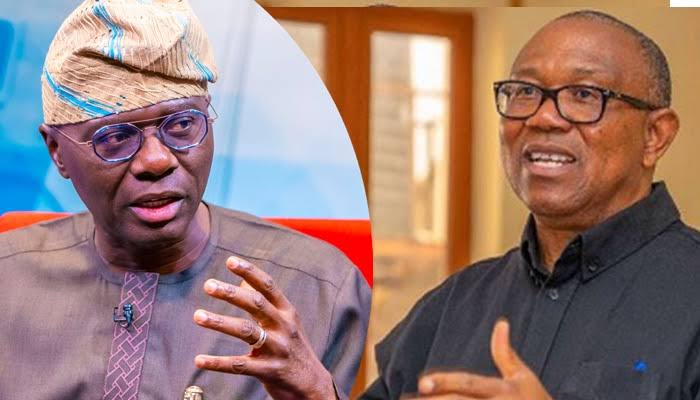
The Lagos State Government has pushed back against comments by former Labour Party presidential candidate, Peter Obi, on the demolition of structures at the Trade Fair Complex along the Lagos-Badagry Expressway.
Obi, during a visit to the affected site, had commended traders for staying peaceful, arguing that the buildings brought down were duly approved. He described the action as an assault on justice, compassion, and restraint.
Responding in a statement on Tuesday, the Commissioner for Information and Strategy, Gbenga Omotoso, dismissed Obi’s position, saying it was designed to misinform the public. He noted that none of the demolished properties had legal authorization from the state.
Omotoso explained that owners of the structures were given an opportunity in 2023 to regularize their documents under a general amnesty programme, which was extended several times. He added that despite these concessions, those at the Trade Fair Complex failed to take advantage of the process.
He also recounted that when state officials visited the location, they were denied access and even attacked, prompting police intervention. According to him, invitations sent to the affected owners for dialogue were ignored.
The commissioner stressed that the Trade Fair Complex Board, which is under federal control, has no jurisdiction to issue building approvals or regulate development. He said only the Lagos State Ministry of Physical Planning and Urban Development has the authority to grant permits, as established by the Urban and Regional Planning Act and affirmed by the Supreme Court in 2003.
While the Board can handle leases and business operations, Omotoso said any construction carried out without the state’s consent remains unlawful and subject to removal.
“As a people, we must choose between abiding by the rule of law or allowing sentiments and political motives to dictate how our society is run,” he stated.
The demolition, carried out last Thursday, affected more than 19 buildings during an enforcement exercise led by the state’s Ministry of Physical Planning.
The article was originally published on Politics Nigeria.


